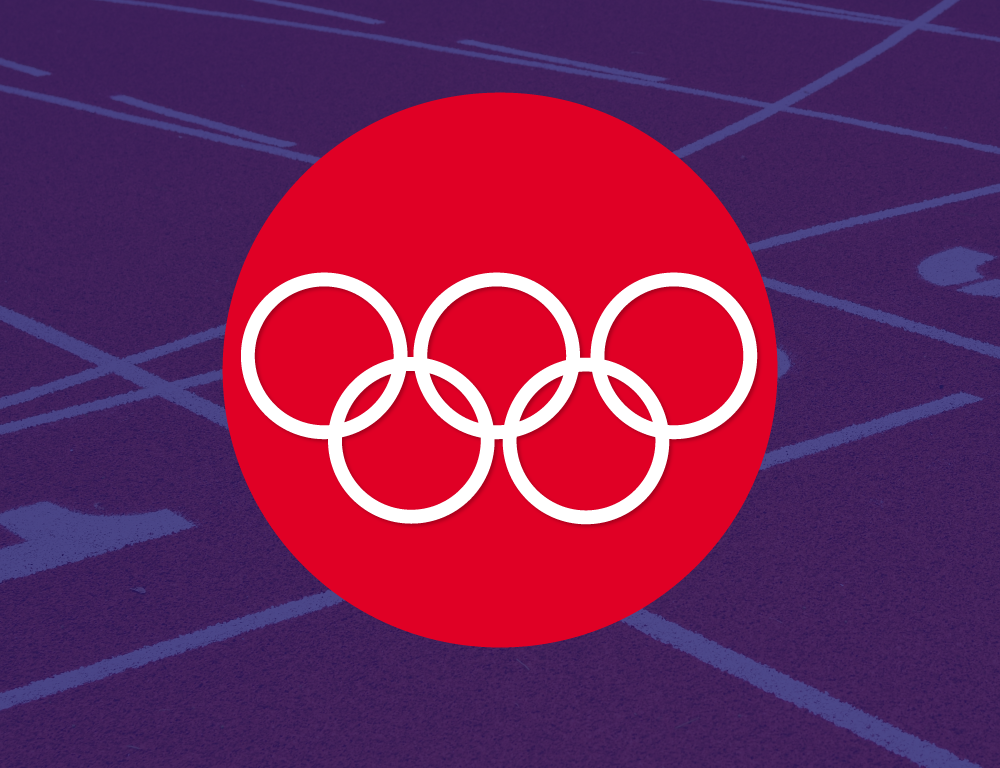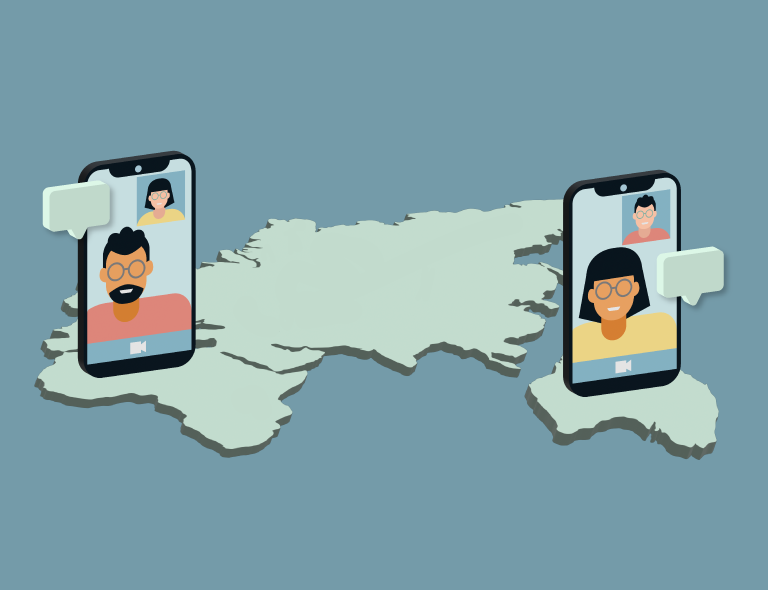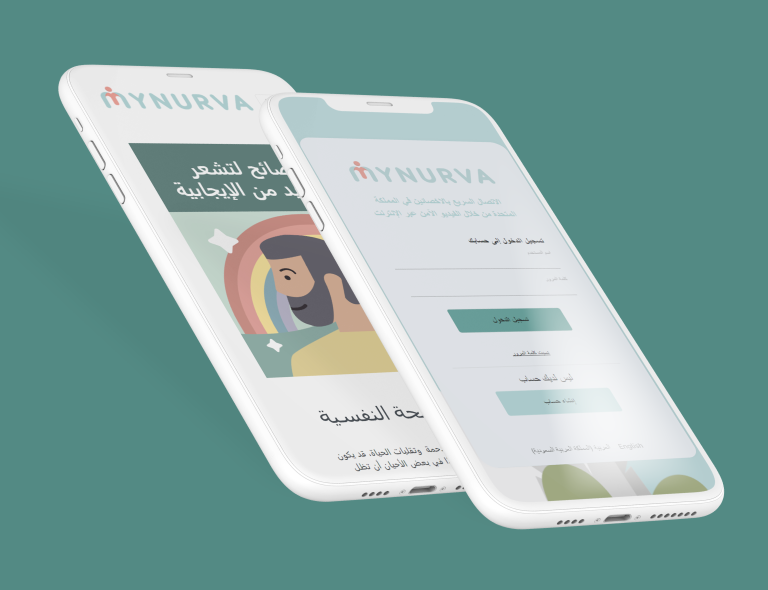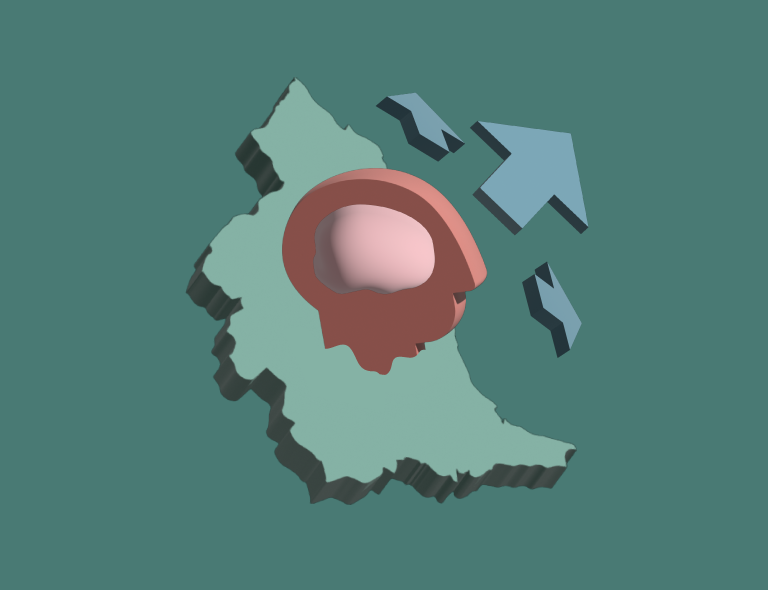Athletes and elite sportsmen and women find themselves under huge pressure, with the weight of expectation of their coaches, teammates, fans and, in some cases, their country on their shoulders.
A consensus statement from the International Olympic Committee found that in elite athletes, including Olympians, rates of anxiety and depression may be as high as 45%.
From an extremely young age, these talented athletes train day and night to earn their place at the top table of their chosen sports, often missing out on a normal childhood.
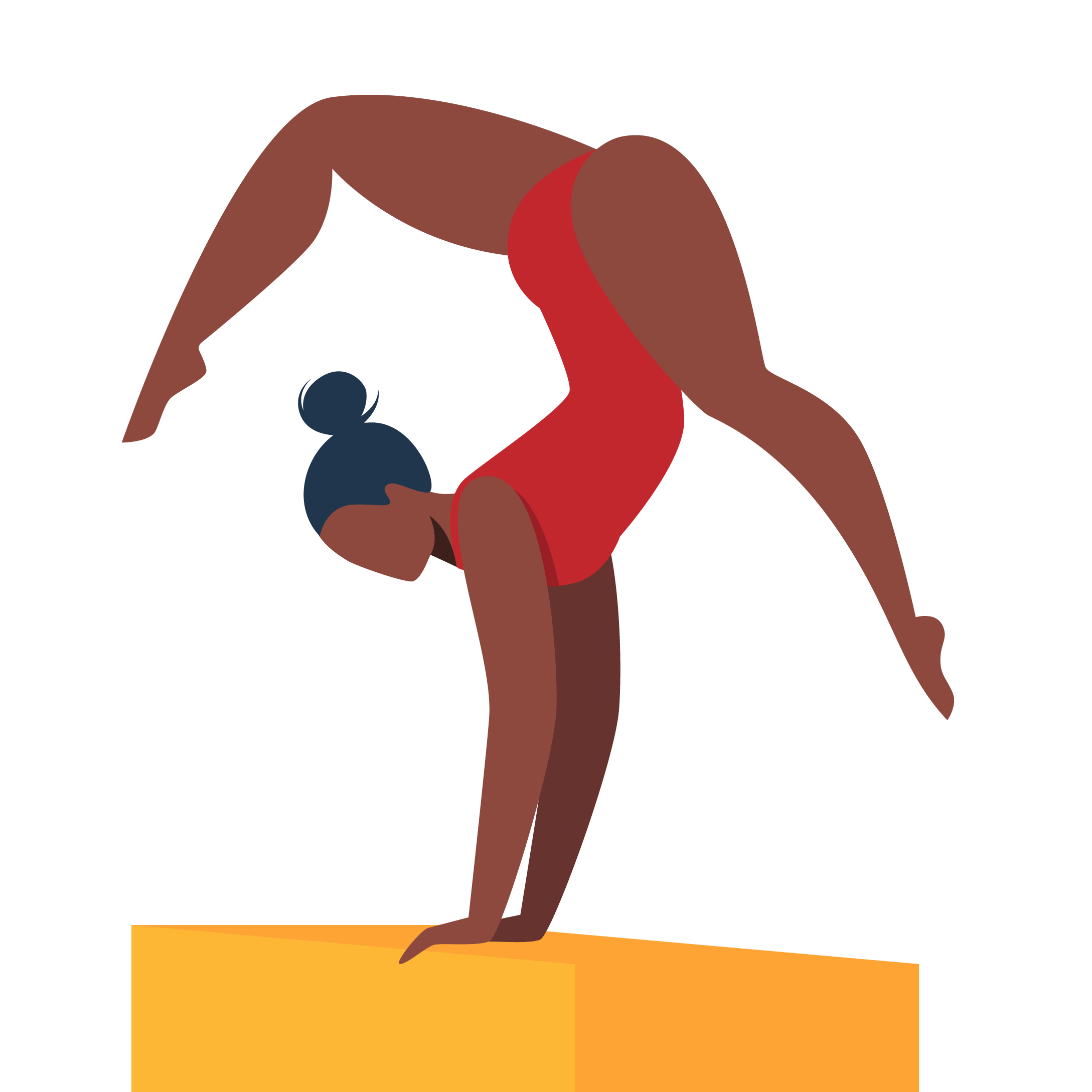
Getting The Balance RightSwimmer, Adam Peaty, said he “averaged two weeks off a year for the last seven years” when he announced his decision to take a month off to prioritise his physical and mental recovery after Tokyo 2020. And despite winning two Olympic gold medals and a silver, Peaty received media criticism.
“You’re seeing it in all sports now. You’re seeing it with Simone Biles. You’re seeing it with (England cricketer) Ben Stokes. Mental health matters and it is about getting the balance right at that elite level.”
Fellow Olympian, America’s gymnastic superstar Simone Biles pulled out of the women’s team final at Tokyo 2020 citing her psychological state put her at significant risk of injury and it is this link, between physical and mental wellness, that is often overlooked. On withdrawing from the event, she said,
“I just think mental health is more prevalent in sports right now. We have to protect our minds and our bodies and not just go out and do what the world wants us to do. You have to be there 100% or 120% or you’re going to hurt yourself.”
Swimmer, Michael Phelps, who has been championing mental health for many years after suffering himself, commented on Biles’ withdrawal,
“The only way we are able to be 100% our authentic self is to take care of our mental health and our physical health at the same time.”
“For those who are struggling with mental health, know you’re not alone: There are days where I want to curl up into a ball and sit in the corner. But it’s just taking a little step forward, taking a deep breath from time to time. It really helps.” Michael Phelps
Pressure To Perform
Tennis star, Naomi Osaka withdrew from Wimbledon and the French Open in the summer over mental health concerns, saying her time away from the sport helped “dismantle some of the pressures that come with the stage” and, while the media may not support this openness, psychologists are applauding athletes for acknowledging that their minds are inextricably linked to their bodies and should be treated with the same care and attention.
The International Olympic Committee (IOC) has launched the IOC Sport Mental Health Recognition Tool (SMHRT-1) to help athletes, their families and entourage recognise if an athlete is experiencing mental health problems, a sign of just how significant mental health and wellness has become in sport.
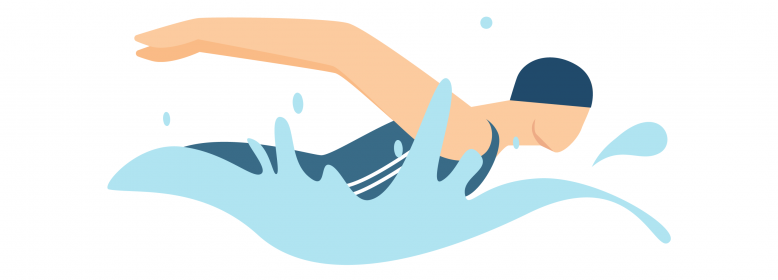
Mynurva applauds the athletes who are speaking out about their mental health, its impact on their physical performance and ‘normalising’ issues around anxiety, depression and the fear of failure.
As Biles said recently about her own struggles,
“We’re not just athletes, we’re people at the end of the day and sometimes you just have to step back.”
It’s easy to forget these sportsmen and women might have medals and trophies or fame and fortune but, at the end of the day, they are people with the same issues and insecurities as the rest of us, but with the added pressure of the media spotlight.
Mynurva’s Mental Health Service
Mynurva has responded to the need for global mental healthcare by expanding its accessible digital service to support organisations, businesses, universities and charities with a digital mental healthcare service. We’re currently the only UK service available from 8am to 10pm, 7 days a week, with appointments available within 24 hours so that anyone who needs to access support, can get the help they need from their car, hotel room, airport lounge or anywhere else, 24/7.

